Religion and Beliefs
Overview of Department
The Education Act (2022) says that RE is a "necessary part of a broad and balanced curriculum" and every pupil has a legal entitlement to RE. One of the key roles of Religion and Beliefs is to support community cohesion and mutual understanding. In the UK, parents have the right to withdraw their children from RE on the grounds that they wish to make their own provision.
Curriculum Statement: Values and Aims
There is a strong emphasis on the acquisition of subject-specific vocabulary, knowledge and skills. Students will develop the key skills of analysis, critical thinking, evaluation, interpretation, and recall. Reading, understanding and analysing religious texts as sources of authority for religious worldviews is a key part of the course.
As well as examining ultimate questions about meaning and purpose in life, beliefs about God and reality, students will consider how religion and belief impacts the way in which individuals go about their lives, looking at ethical issues around war and conflict, society and relationships. We aim for students to be familiar with the way that religions and beliefs shape the society in which they live – local, national and global. The curriculum, aligned with the SACRE (East Sussex locally-agreed curriculum), builds knowledge and skills year upon year, shaping philosophical and theological thinkers who can engage with and clearly express philosophical and moral ideas and religious beliefs and practices. The acquisition of relational skills associated with understanding others, critical reflection, and respectful dialogue and debate will be highly valued in every walk of life and future career.
At the end of the course students will be more:
• Religiously literate
• Empathetic
• Respectful of the religious beliefs and practices of others.
• Resilient to extremism
• Advocates of British Values
• Culturally aware
• Ready to challenge injustice and false perceptions
• Able to critically evaluative of their own place in the world and their own world-views.
Knowledge Summaries - Term 1
Knowledge Summary - Year 7 - RE
